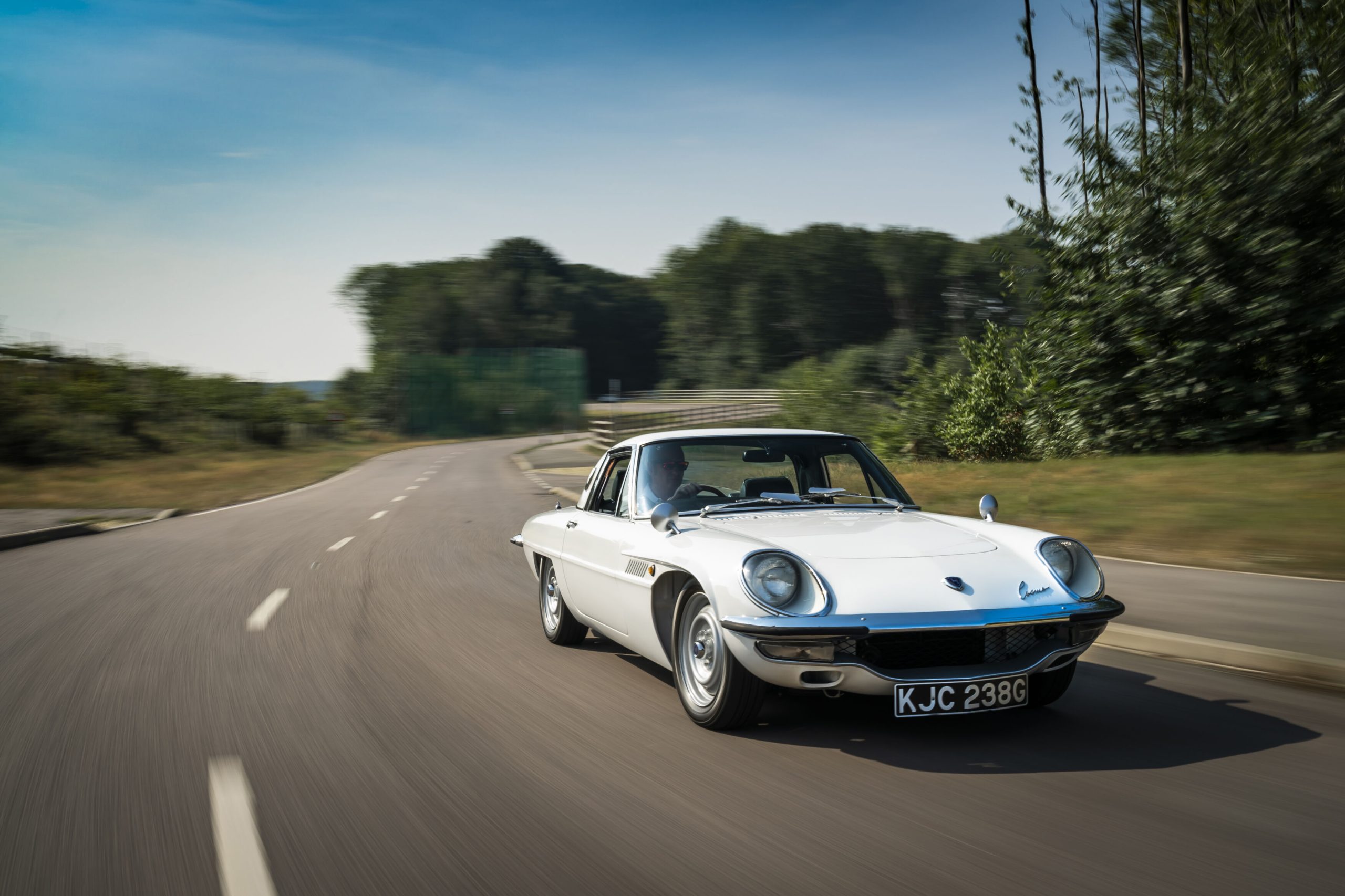
The introduction of automated vehicles to the UK’s roads should not bring any restrictions to the use of classic vehicles, says the Federation of British Historic Vehicle Clubs (FBHVC).
The FBHVC is calling on government to ensure that automated ‘driverless’ vehicles can safely interact with historic vehicles of all shapes, sizes and types. It is also asking for historic vehicles to be included as a ‘specific category of legacy road users.’
This move comes as the FBHVC submits its response to a Government call for evidence on the next steps to allow fully-automated vehicles on the road. The FBHVC represents more than 500 clubs and 250,000 enthusiasts.
To implement the Automated Vehicles Act 2024, the government is seeking input on a ‘Statement of Safety Principles’ for entirely ‘driverless’ automated vehicles, initially taxis. Once written, this document must then be approved by the Secretary of State for Transport.
The consultation’s starting point is that AVs must achieve a level of safety equivalent to, or higher than, that of ‘careful and competent’ human drivers; and road safety will ‘be better as a result of the use of automated vehicles on roads than it would otherwise be.’
The FBHVC says automated vehicles must be able to recognise the differences presented by historic vehicles, including differing sizes, construction, lighting, and speeds.
FBHVC Legislation Director Lindsay Irvine said: ‘A careful and competent human driver may immediately recognise an historic vehicle and make allowances for its performance accordingly. An AV will have to be programmed to recognise the different characteristics, or the system designed to learn the differences.’
The consultation comes as the UK government seeks to fast-track AV pilots in 2026 with full implementation following in 2027. Self-driving trials have been underway in the UK since 2015.
Irvine added: ‘It not in our interest to resist the proposals and an AV will never tire, be distracted or intoxicated which are major causes of accidents. New technology often brings wider benefits and indeed many of our own historic vehicles were once in the vanguard of technological advancements.
‘However, our response seeks to ensure that AVs can safely interact with legacy vehicles such as ours, and that such safety should not be secured at the expense of our existing freedoms through restrictions or segregation.’
